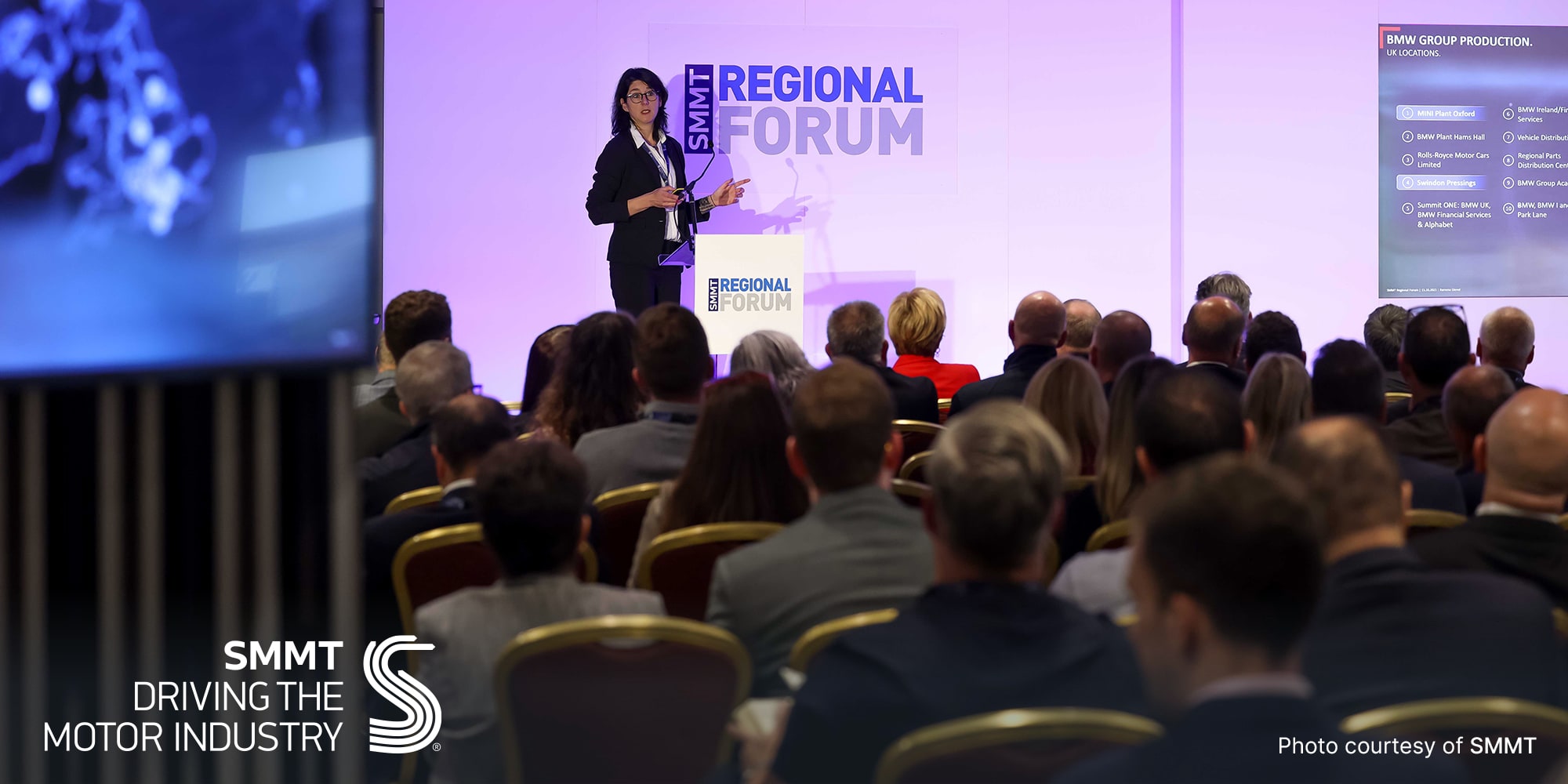The seismic shift ahead for the Automotive After Market
The workshop highlighted the automotive landscape is undergoing a seismic shift, presenting both significant challenges and exciting opportunities for the aftermarket sector. Recent discussions, such as the Autofixa workshop focusing on the impact of e-commerce and the role of giants like Amazon, underscore the urgent need for the aftermarket to adapt and evolve.
The Multifaceted Challenges Facing the Automotive Market:
Several key trends are converging to create a challenging yet transformative period for the automotive industry:
- The Electric Vehicle (EV) Transition: While the shift towards EVs is gaining momentum, the transition is not a simple one. A significant portion of the existing vehicles will remain internal combustion engine (ICE) powered for years to come. This necessitates maintaining robust supply chains for traditional parts alongside developing new logistics networks for EV components. The evolution of EV technology itself, with varying battery types, charging infrastructure, and electronic control systems, adds another layer of complexity to aftermarket support.
- E-commerce Disruption: The rise of e-commerce, particularly the potential entry of major players like Amazon, is poised to reshape how automotive parts are bought and sold. This trend demands faster delivery times, greater product availability, and seamless online ordering experiences for both businesses (B2B) and consumers (B2C). Traditional distribution models may struggle to keep pace with these evolving expectations.
- Shifting Consumer Behaviour: Consumers are increasingly demanding convenience, transparency, and competitive pricing. They are more likely to research parts online, compare prices, and expect rapid delivery to their preferred location, whether it’s their home, a local garage, or even a mobile mechanic. This puts pressure on the aftermarket to offer diverse fulfillment options and enhanced digital interfaces.
- The Complexity of Modern Vehicles: Today’s vehicles, whether ICE or electric, are increasingly sophisticated, incorporating advanced electronics, sensors, and software. This complexity translates to a wider range of specialised parts and the need for technicians with evolving skill sets. The aftermarket must adapt to handle these intricate components and ensure their efficient distribution.
- Supply Chain Volatility: Geopolitical factors, raw material shortages, and global events have highlighted the fragility of traditional supply chains. The automotive aftermarket, with its reliance on a vast network of manufacturers and suppliers, is particularly vulnerable to these disruptions. Building resilient and agile supply chains is crucial for ensuring consistent parts availability.
- Sustainability and Circular Economy: Growing environmental awareness is driving demand for sustainable practices and the adoption of a circular economy model within the automotive sector. This includes remanufacturing parts, efficient waste management, and reducing the carbon footprint of logistics operations.
Navigating the Complexities of the Automotive Aftermarket:
The automotive aftermarket is inherently complex, characterised by:
- A Vast and Diverse Product Range: From simple consumables like filters and brake pads to intricate engine components and specialised EV batteries, the sheer variety of parts is staggering. Managing inventory for such a diverse range requires sophisticated warehousing and inventory management systems.
- Intricate Supply Chains: The journey of an automotive part from manufacturer to end-user often involves multiple tiers of suppliers, distributors, and retailers. Coordinating these complex flows efficiently and cost-effectively is a significant challenge.
- Urgency and Downtime Sensitivity: Vehicle breakdowns can have significant consequences for individuals and businesses. The aftermarket must be able to provide parts quickly to minimise downtime and ensure vehicle operability.
- The Interplay of B2B and B2C Channels: The aftermarket serves both professional repair shops (B2B) and individual vehicle owners (B2C). Each segment has distinct needs and expectations regarding ordering processes, delivery requirements, and technical support. The rise of e-commerce is blurring the lines between these channels, requiring a unified approach to logistics and fulfillment.
- The Need for Specialised Handling and Storage: Some automotive parts, such as batteries and fluids, require specialised handling and storage conditions to ensure safety and compliance with regulations. Logistics providers must possess the expertise and infrastructure to manage these requirements.
Your Agile Logistics Partner for the Road Ahead
At Rudolph and Hellmann, we recognise the multifaceted challenges and inherent complexities of the evolving automotive aftermarket. Leveraging our decades of experience and deep understanding of the sector, we are uniquely positioned to provide the agile and resilient logistics solutions required to navigate these turbulent times.
Our strengths lie in:
- Strategic Warehousing and Distribution Networks: We possess and can develop extensive warehousing capabilities strategically located to optimise inventory placement and ensure rapid delivery to both B2B and B2C customers. Our flexible network allows us to adapt to fluctuating demand and evolving distribution patterns, including direct-to-consumer fulfillment driven by e-commerce.
- Advanced Inventory Management Systems: We utilise cutting-edge technology to provide real-time visibility into inventory levels, track parts across the supply chain, and optimise stock allocation. This minimises stockouts, reduces lead times, and enhances overall efficiency.
- Tailored Transportation Solutions: We offer a comprehensive suite of transportation services, from time-critical deliveries to cost-effective consolidation options. Our flexible transportation network can adapt to the specific needs of different parts and delivery locations, ensuring timely and efficient movement of goods.
- Expertise in Handling Diverse Automotive Parts: Our experienced teams are trained in the specialised handling and storage requirements of a wide range of automotive components, including hazardous materials like batteries and fluids. We ensure compliance with all relevant regulations and maintain the integrity of the parts throughout the logistics process.
- Seamless Integration of B2B and B2C Logistics: We understand the converging needs of the B2B and B2C aftermarket. Our solutions are designed to seamlessly integrate order processing, warehousing, and delivery for both channels, enabling our clients to effectively serve all customer segments in the e-commerce era.
- Agility and Adaptability: In a rapidly changing market, agility is paramount. Our operational structure and technological capabilities allow us to quickly adapt to new market trends, evolving customer demands, and potential disruptions in the supply chain. We work collaboratively with our clients to develop customised solutions that meet their specific needs and future challenges.
- Commitment to Sustainability: We are committed to minimising our environmental impact through sustainable logistics practices, including route optimisation, fuel-efficient transportation, and exploring opportunities for reverse logistics and parts remanufacturing.
The automotive aftermarket is on the cusp of a significant transformation. The rise of e-commerce, the ongoing EV transition, and evolving consumer expectations demand a new approach to logistics. Rudolph and Hellmann stands ready to be your trusted partner, providing the agile, resilient, and innovative logistics solutions you need to not just face the challenges ahead, but to capitalise on the opportunities and drive future success. Let us navigate the complexities together.




